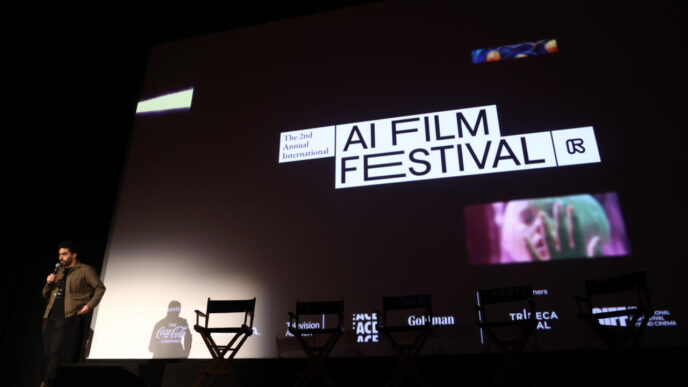Generative AI is causing headaches for businesses rushing adoption.
The issue started with a hospitality company that hired Sarah Skidd, a freelance writer, to fix AI-generated website copy. Instead of saving time, Skidd spent 20 hours rewriting bland, "very vanilla" text.
Skidd shared with the BBC that many writers face the same problem—some spend 90% of their time editing AI content that falls flat.
A study by researchers Anders Humlum and Emilie Vestergaard backs this up. AI chatbots only saved users 2.8% of their work hours on average, far less than the 15% gains seen in lab tests.
Sophie Warner, co-owner of UK digital agency Create Designs, says clients lean on AI tools like ChatGPT first—and risk major problems. One AI-coded website update crashed a client’s event page, causing three days of downtime and a $485 repair bill. Warner added that larger clients hide their AI usage, making mistakes harder and costlier to fix.
Warner told the BBC:
“The process of correcting these mistakes takes much longer than if professionals had been consulted from the beginning.”
The Danish study also found AI training and internal rules help, but only slightly. Workers with company support saved 3.6% of their time vs. 2.2% without it. Most saw no change in earnings or job satisfaction.
Prof. Feng Li from Bayes Business School stressed human oversight is key:
“Human oversight is essential. Poor implementation can lead to reputational damage, unexpected costs—and even significant liabilities.”
Copywriter Kashish Barot from India spends hours editing AI content for U.S. clients. Barot said AI tricks people into thinking content is ready in minutes, but good writing and editing require time and thought.
“AI really makes everyone think it’s a few minutes’ work. However, good copyediting, like writing, takes time because you need to think and not just curate like AI.”
The takeaway: AI isn’t a shortcut to quality. Rushing in without proper training and strategy causes costly problems—from broken websites to dull messaging. Businesses need human expertise in the loop to avoid paying the price later.














